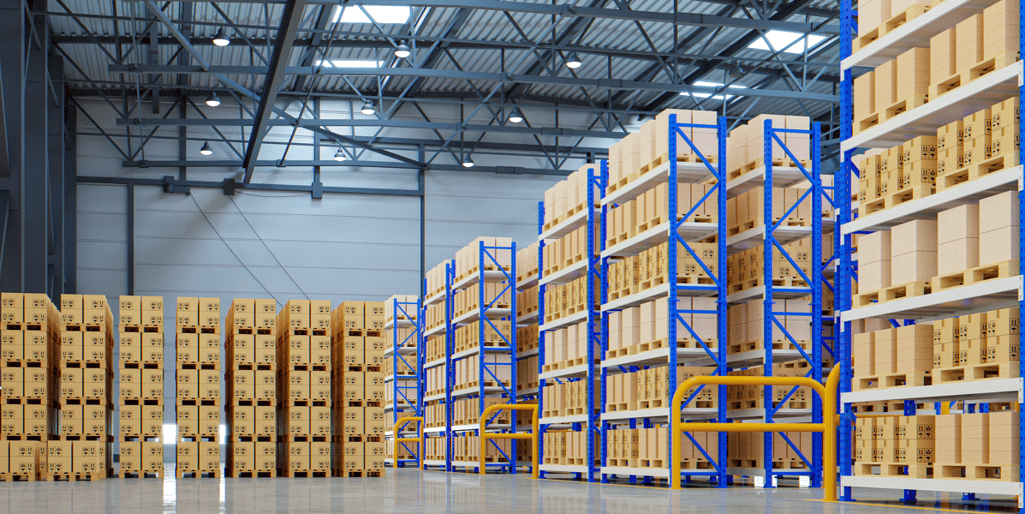Which top 5 features are essential in an ERP system for wholesale distribution companies?
ERP solutions help distribution companies manage processes, including inventory control, order processing, accounting, customer relationships, supply chains, sales and finances to ensure synchronization and collaboration with all stakeholders, allowing for effective decision making. The most efficient way to monitor your dashboard’s KPIs is to integrate an ERP solution with your existing systems to provide an insightful overview of all aspects of your distribution operations.
An integrated ERP solution can even track goods by scanning information with hand-held scanners connected to a smartphone or tablet, open pick requests for orders and create packing slips, in addition to quickly generating barcode labels upon receiving the goods.
1. Inventory management
Inventory management is always a top priority for distribution companies. Keeping your inventory investment low is important, even when demand increases. The ability to accurately predict client demand is essential to efficiently manage stock levels and anticipate production needs. An ERP system that includes powerful forecasting tools will give you an overview with flexible forecasts that can then be adjusted to reflect actual needs and will help you plan demand and manage the carrying costs as well as the products’ lifecycle.
2. Sales orders fill rates
At the moment, do you know the exact amount of time needed to complete an order? When you tell a customer that a particular item will be delivered on a certain date, are you able to fulfill that commitment? An ERP solution can help you reduce the time between ordering and delivery – from the quote to the moment the order is received. Ensure that the items ordered are in stock and ready to be shipped. With the ERP solution’s real-time features, your customer service representatives can accurately determine the time needed for shipping and logistics. This smart solution helps distributors set themselves apart from competitors who don’t necessarily have a comprehensive view of the logistics.
3. Supplier performance
For distribution companies, accurately evaluating supplier performance is key. Do your suppliers meet your expectations? Does the quality they provide meet the requirements your customers are entitled to expect? It is important to assess and ensure that suppliers meet your needs and work with you efficiently. Even if you consider that your suppliers make premium products and comply with the established shipping timelines, it is still necessary to monitor this data and provide regular feedback to suppliers, whether positive or negative.
4. Incomplete sales orders
After sending a quote to a potential customer, do you keep a written record of the reasons why they ultimately decided not to do business with you? Many factors need to be considered, including pricing, availability and responsiveness. With an integrated ERP solution, distribution companies can record sales orders, opportunities and quotes to track which were converted into sales and, just as importantly, those that were not. A better understanding of this real-time data helps make the necessary adjustments to prevent new obstacles.
5. Returns due to shipping errors and defective items
Do you have measurement parameters regarding items that were returned due to shipping errors or defects? While your company may already have a warehouse management system, an ERP solution, far more powerful and intelligent, provides a better understanding of what works and what does not. Through the integration of separate systems that don’t communicate, an ERP solution provides advanced analytics in real time to help you identify issues and quickly resolve them.
Keep these 4 aspects in mind when considering a distribution ERP solution:
- Productivity: How can the product improve the performance of your company and employees?
- Functionality: Tangible results from the characteristics and features of the chosen solution.
- Technology: How does the product’s technology contribute to the ergonomy, customization and maintainability?
- Value: Long-term financial impact of the solution.
Experts to guide you
Grounded in hands-on experience and deep industry understanding, Forgestik brings together a team of experts to provide comprehensive ERP solutions for every SMB. Contact us to find out more.
